Warehousing services
Our partners are invaluable partners with treasures of storage space, where every square metre represents opportunity and wealth. Their warehouses are not just places of storage, they are true storehouses of values, where your goods or raw materials take new life, ready to meet the most refined needs of the market. With each tank and exchange product, our partners are ready to offer the highest level of service, safety and availability, providing unparalleled quality in every operation.
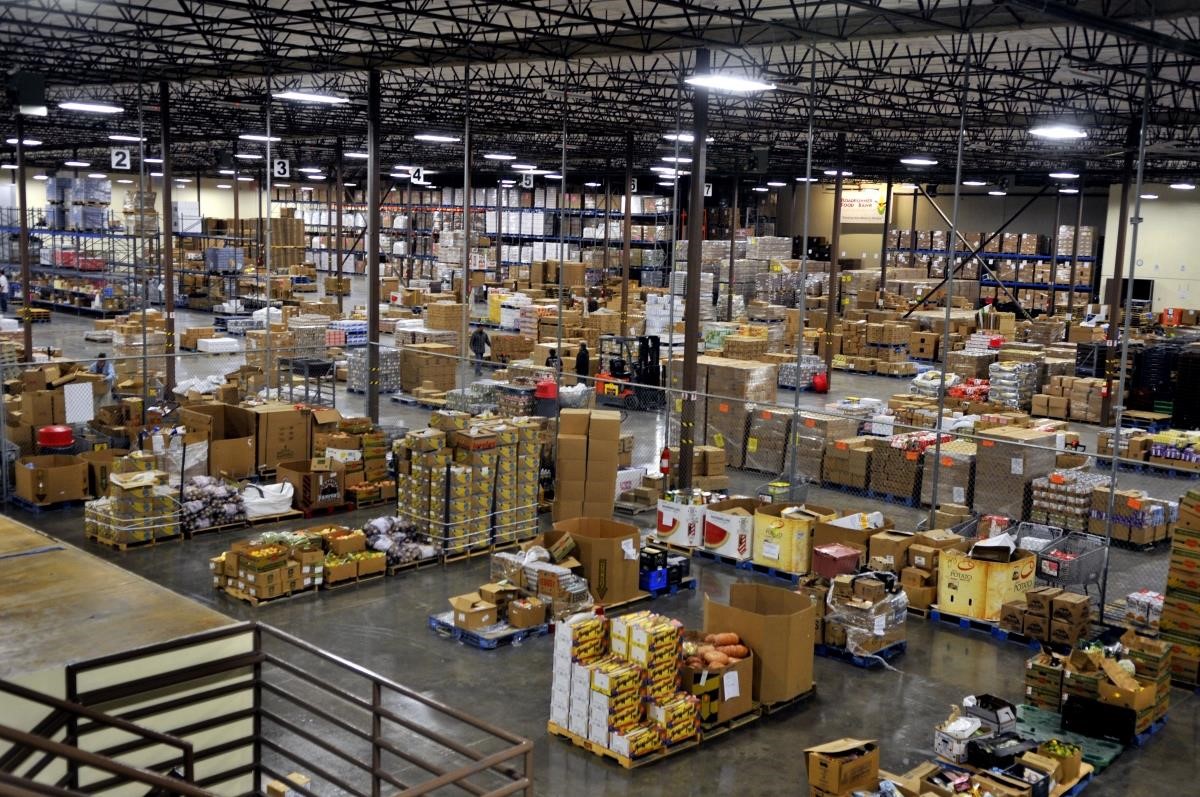
Warehouse services can be divided into several types, depending on the capabilities and specificity provided.
Storage type
Conventional warehouses: Suitable for storage of goods that do not require special conditions.
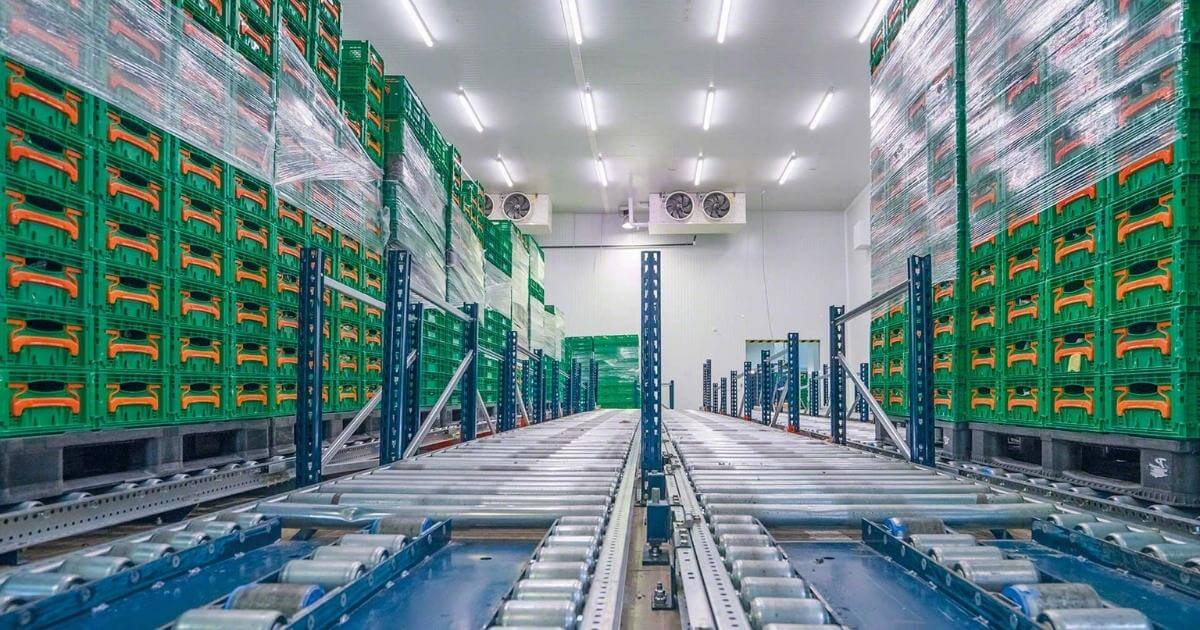
Temperature controlled warehouses
For storing foodstuffs, medicines and other goods requiring a certain temperature regime.
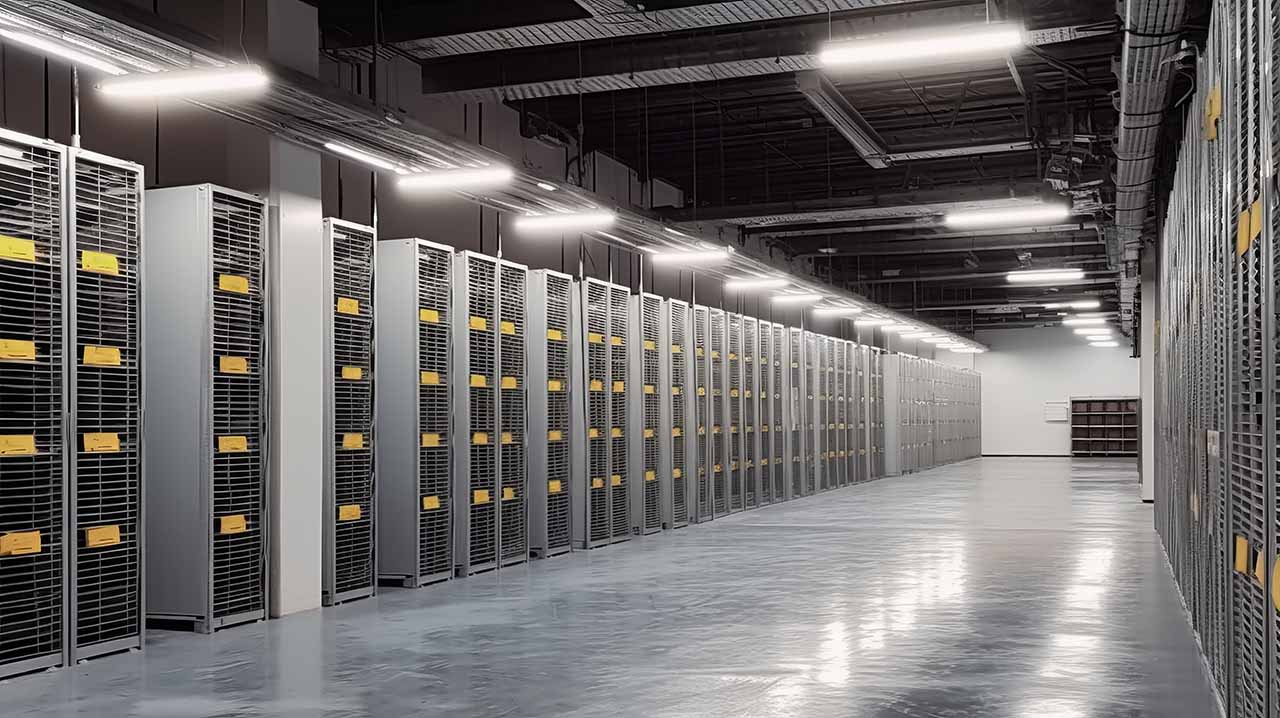
Warehouses with humidity control
For products sensitive to humidity, such as electronics, paper, textiles.
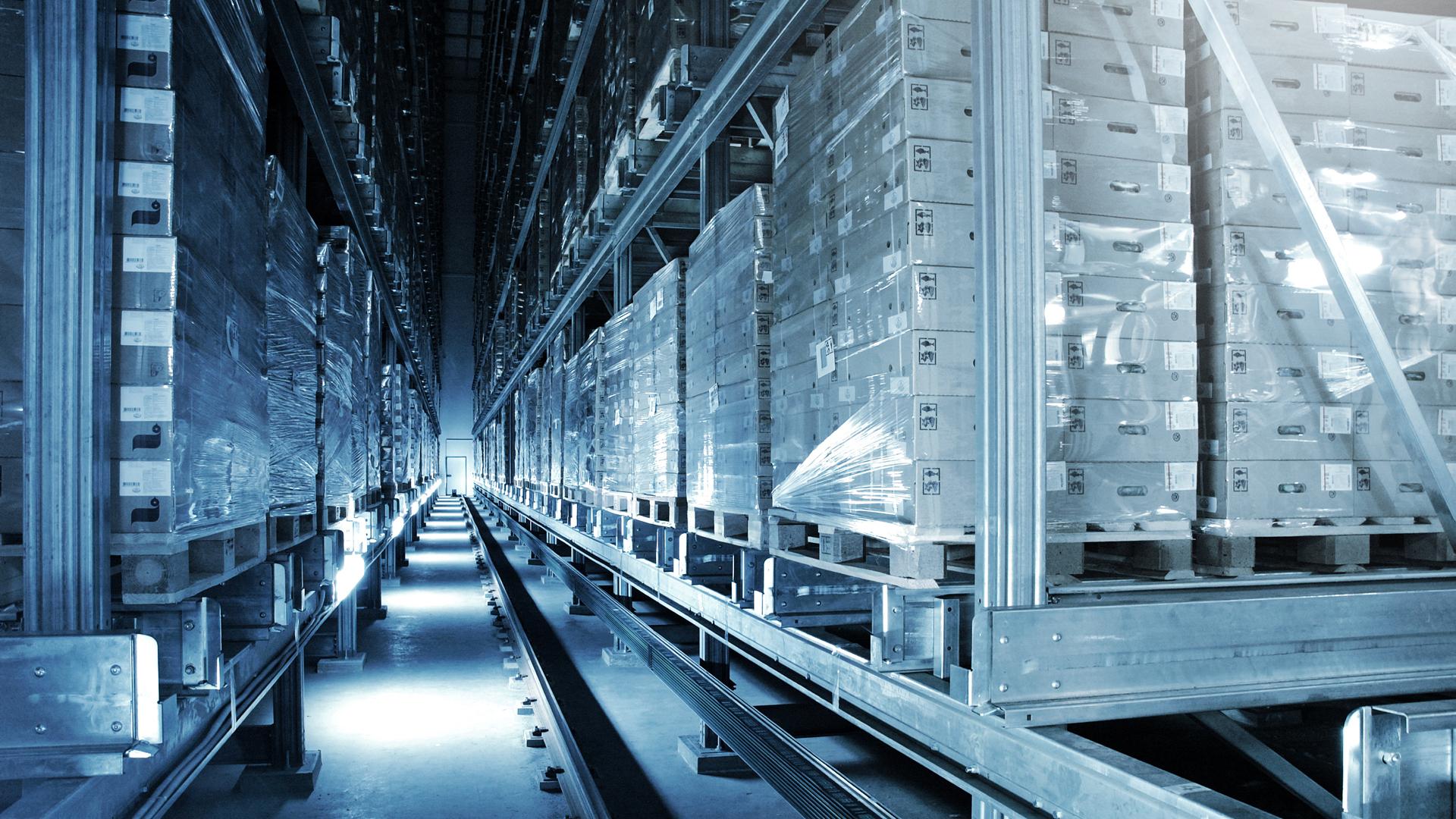
Refrigerated warehouses
For storage of frozen and refrigerated products.
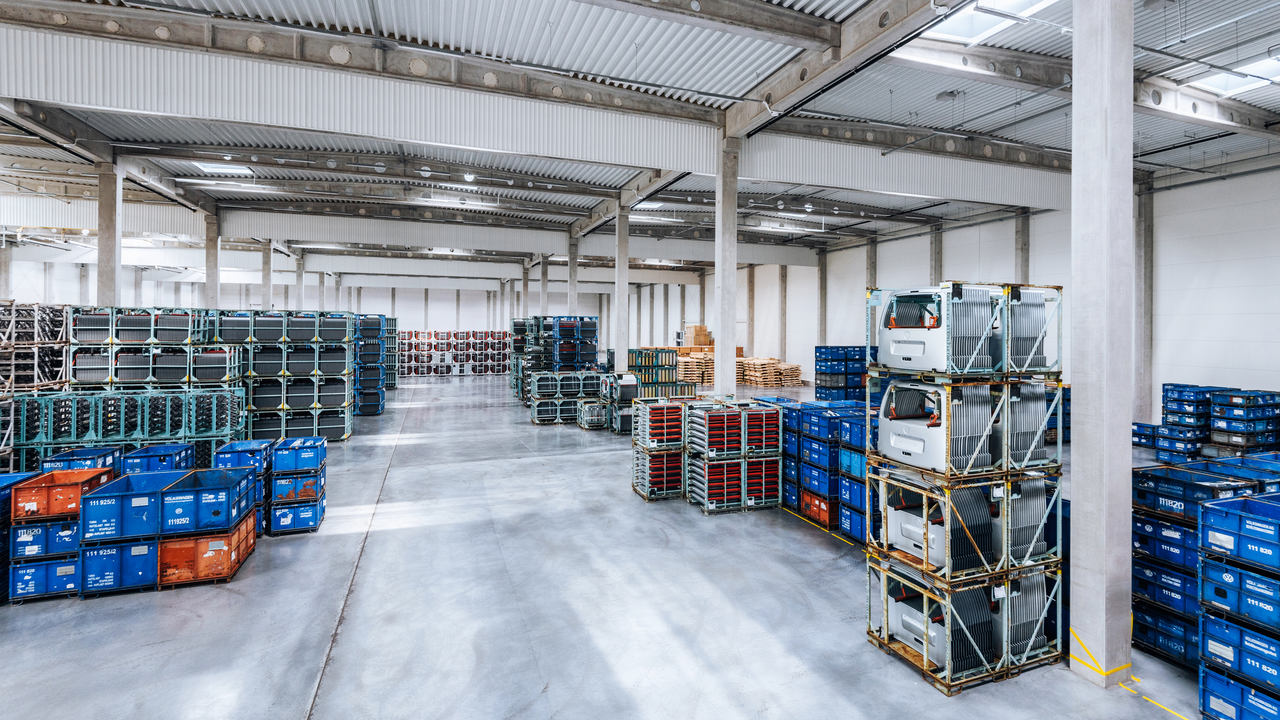
Temporary storage warehouses
For short-term storage of goods often used for cross-docking.
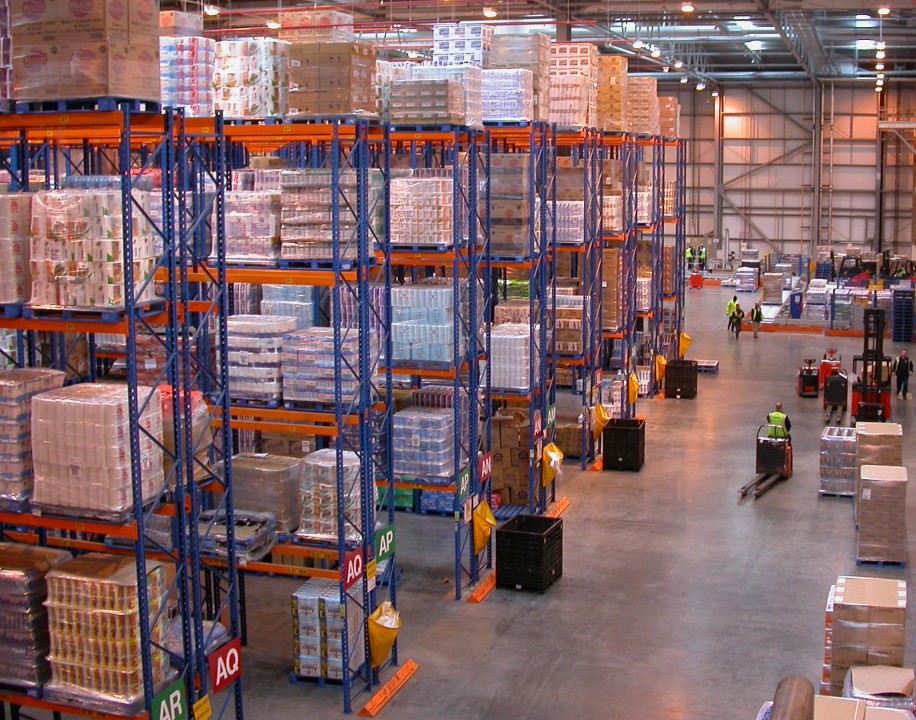
In functionality
Traditional warehouses
Intended only for storage of goods without additional services.
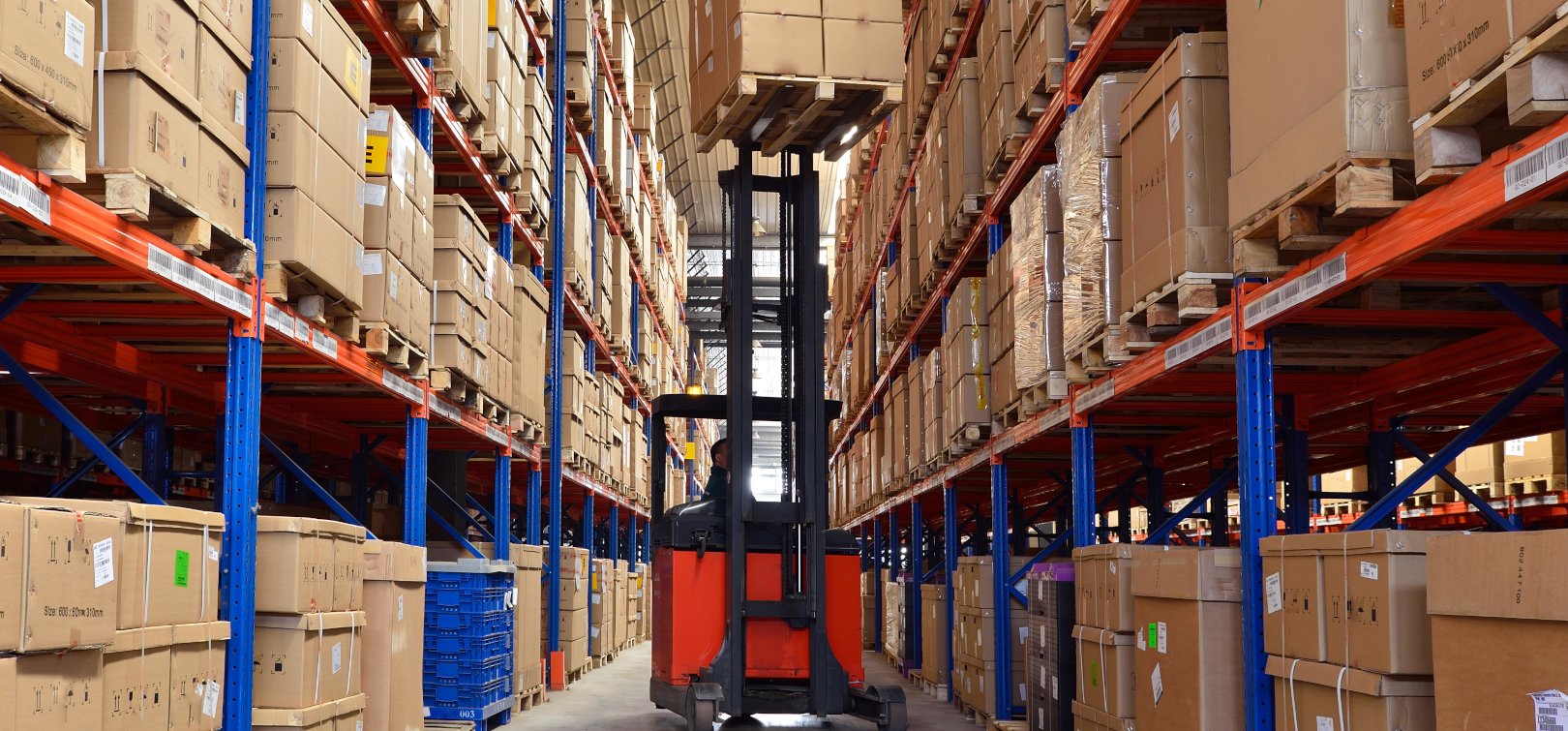
Integrated warehouses
Includes a complex of services for storage, processing, packaging and delivery of goods.
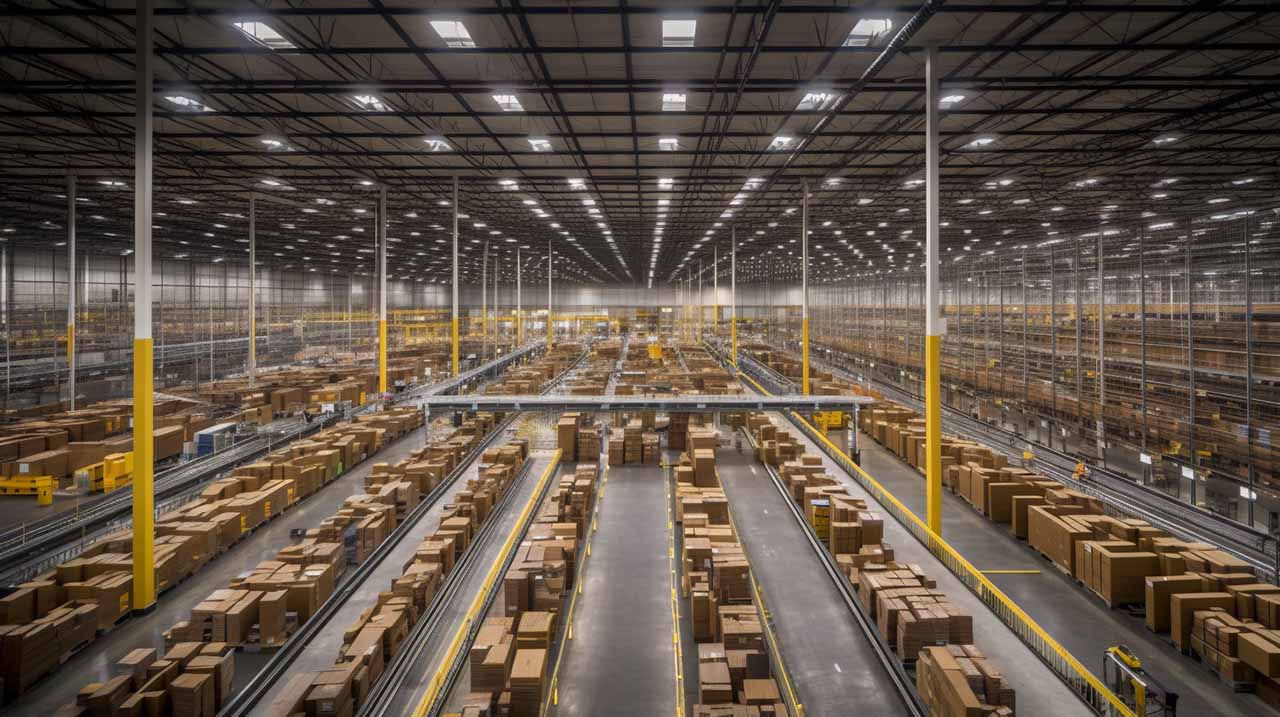
Distribution centers
Specializes in receiving, sorting and shipping goods to end-users or retail outlets.
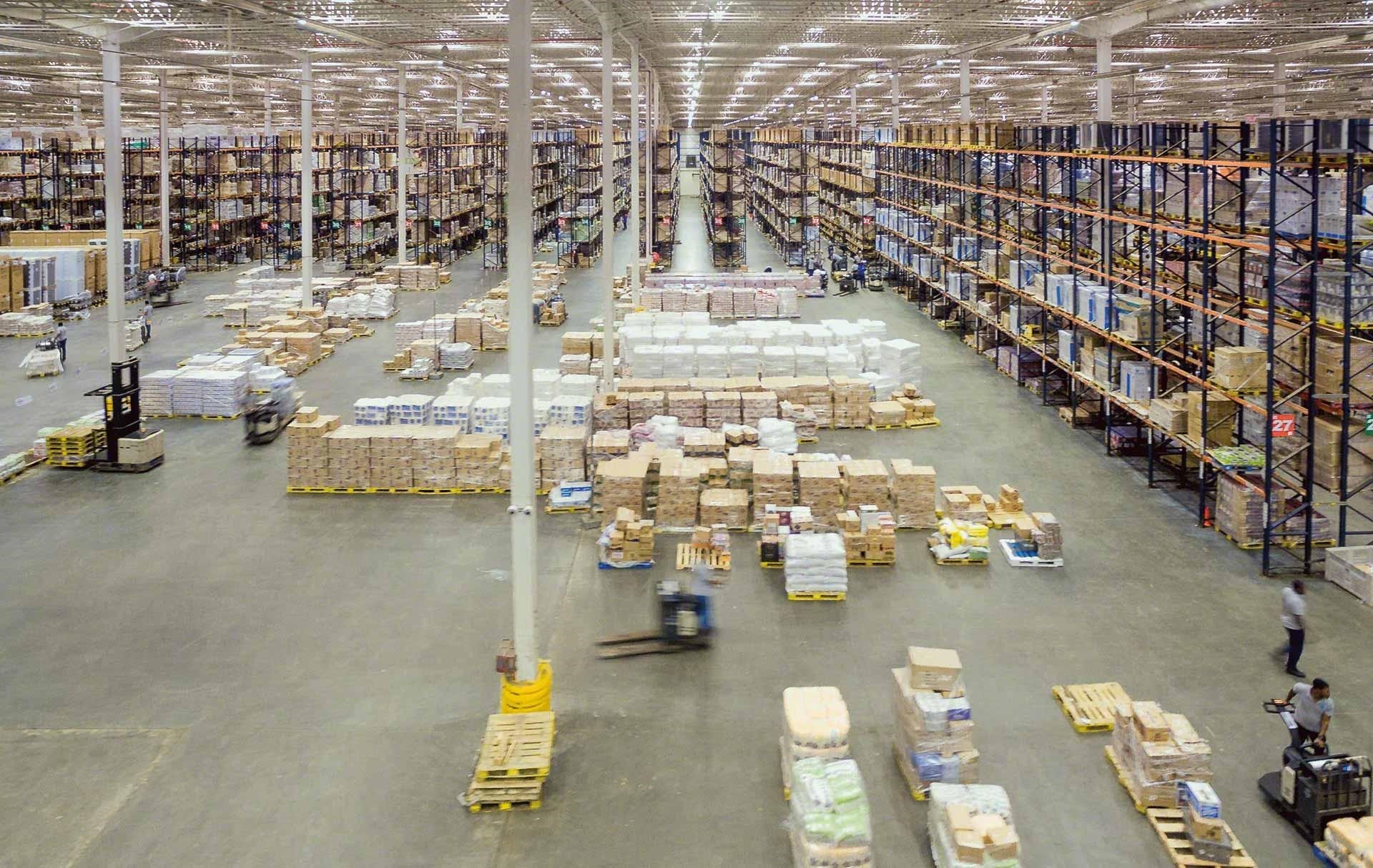
Cross docking warehouses
Allows for rapid redistribution of cargo without long storage.
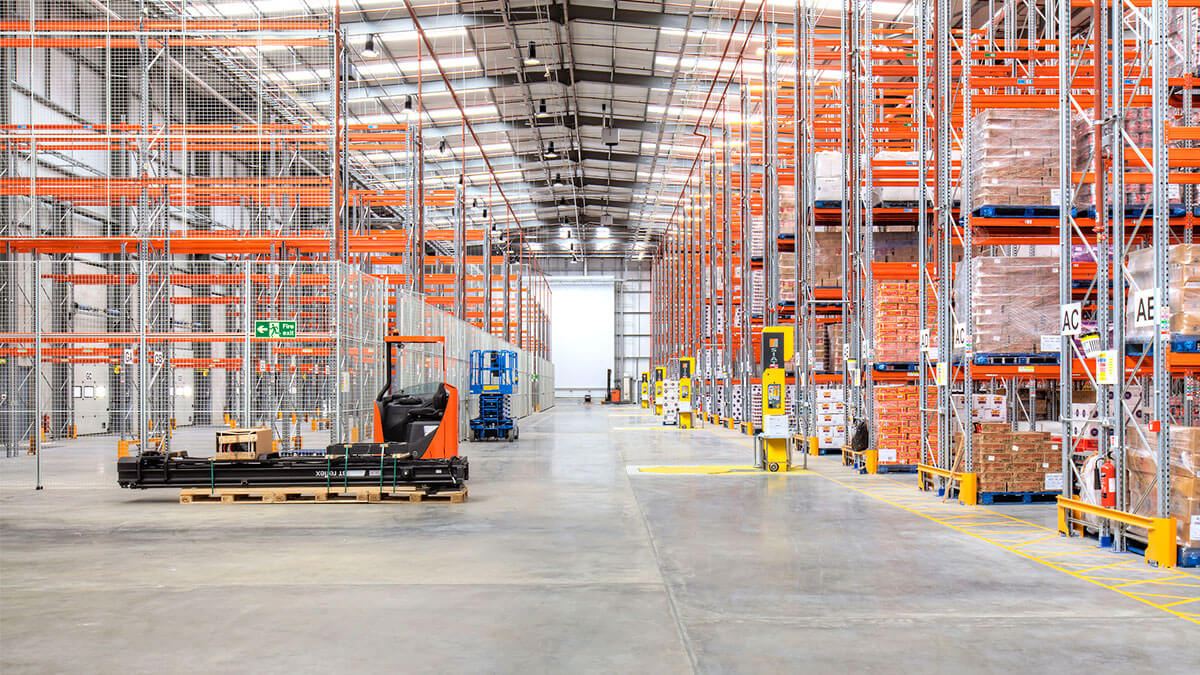
By type of goods
General stores
For the storage of normal goods requiring no special conditions.
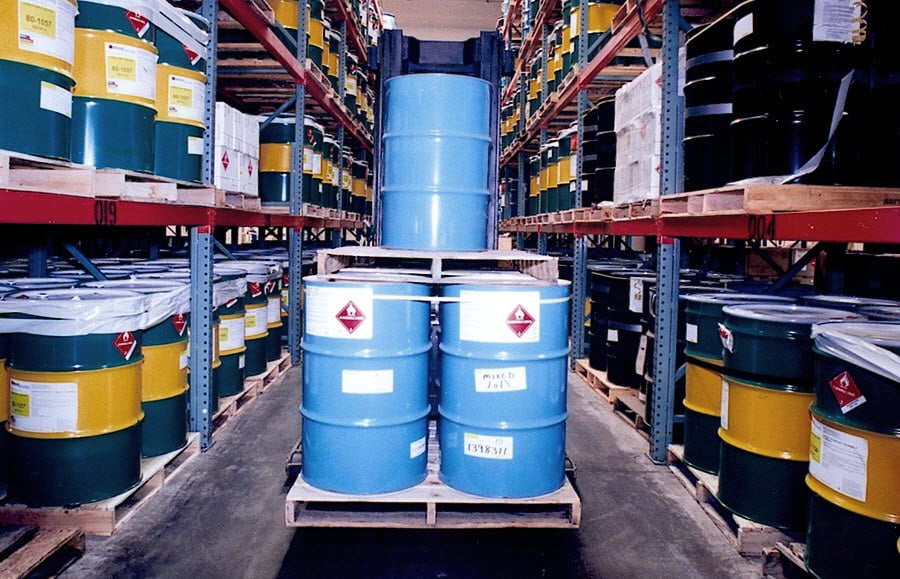
Dangerous goods warehouses
Equipped with safety systems for storage of chemicals, combustible materials and other dangerous substances.
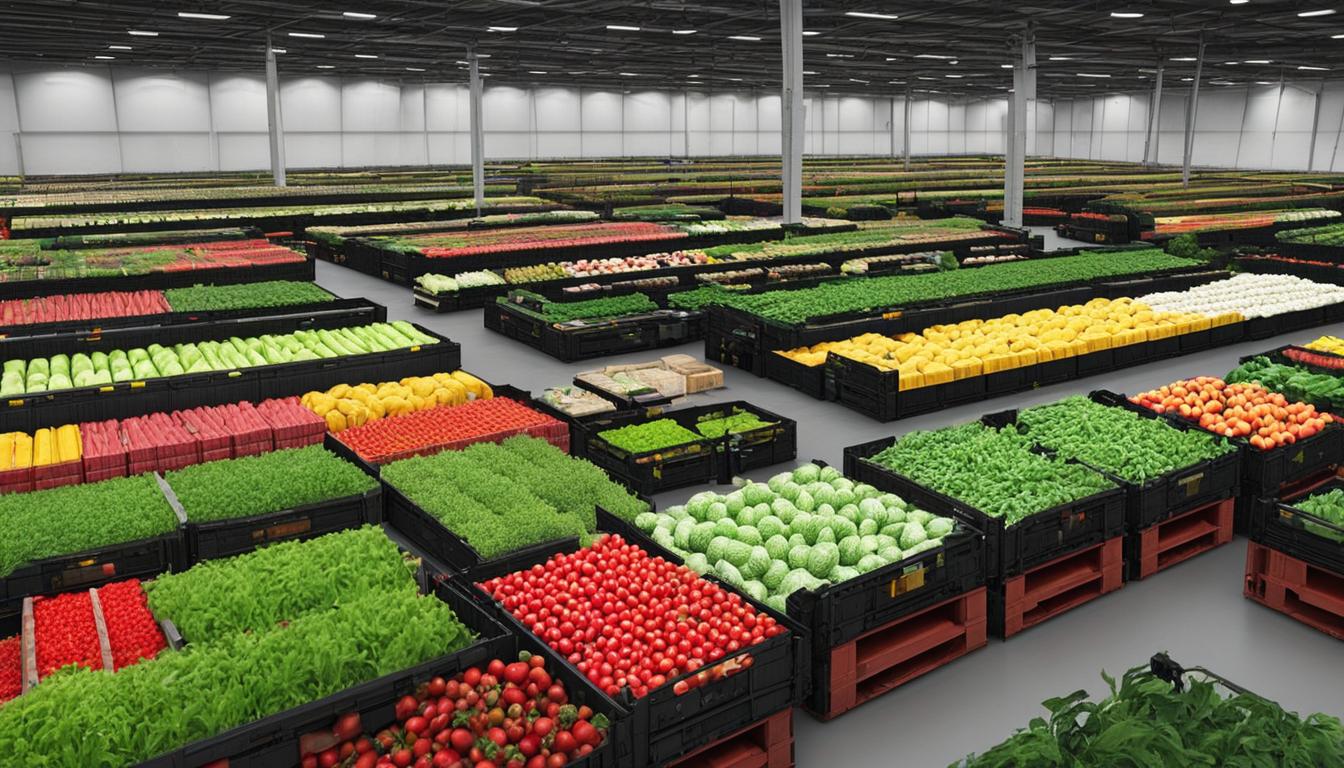
Agricultural warehouses
Specialized storage facilities for grain, vegetables, fruits and other agricultural products.
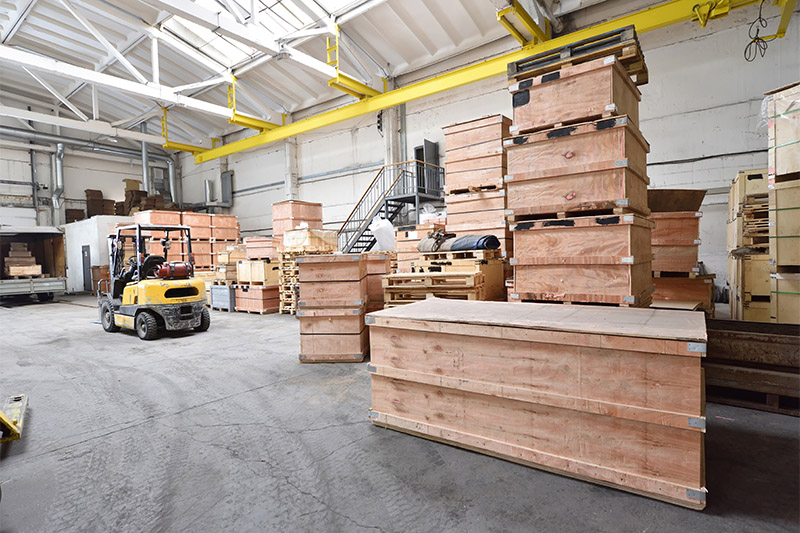
Warehouses for large cargo
Designed for storage of large equipment, construction materials and other large objects.
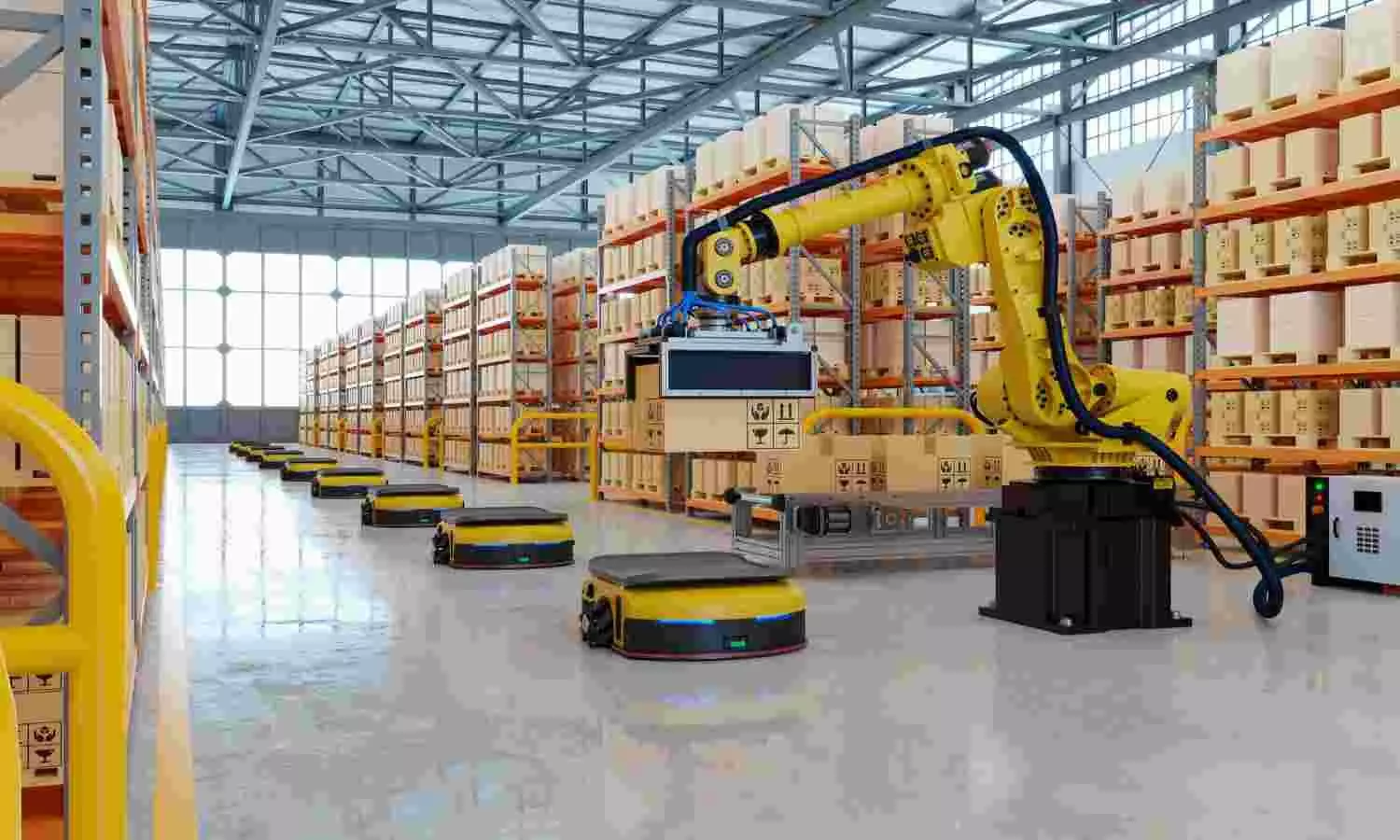
On technological equipment
Automated warehouses
Use robotics and automated systems to control and move goods.
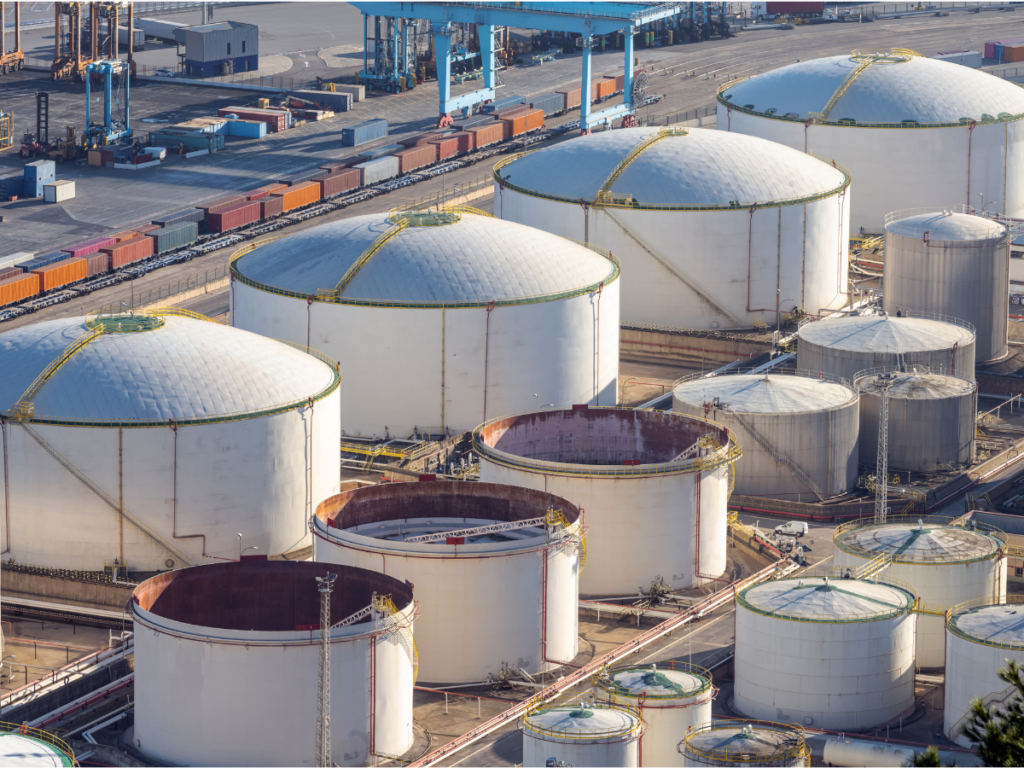
Types of tanks for jet fuel, diesel and gasoline.
Surface Tanks
Large tanks for liquid fuel storage with leak control and fire safety systems.
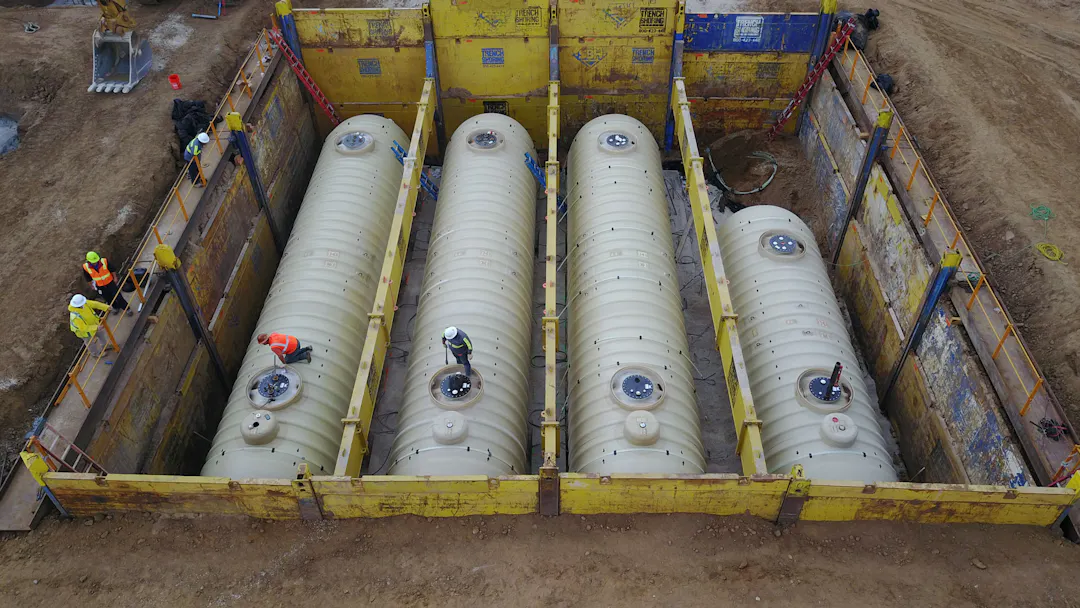
Underground tanks
For additional protection from external influences and reduction of fire risk.
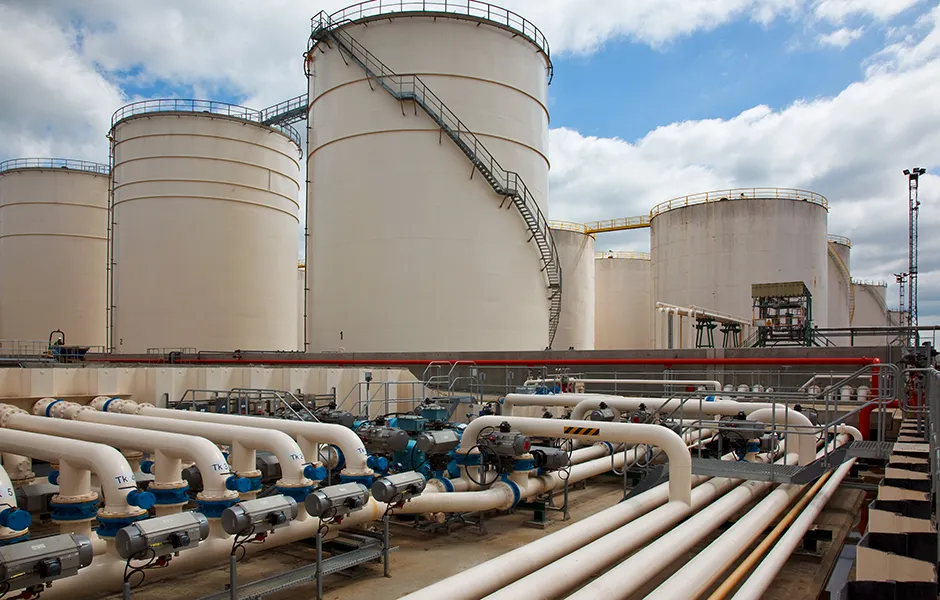
Fuel oil
Heated tanks
Fuel oil requires heating to maintain fluidity at low temperatures.
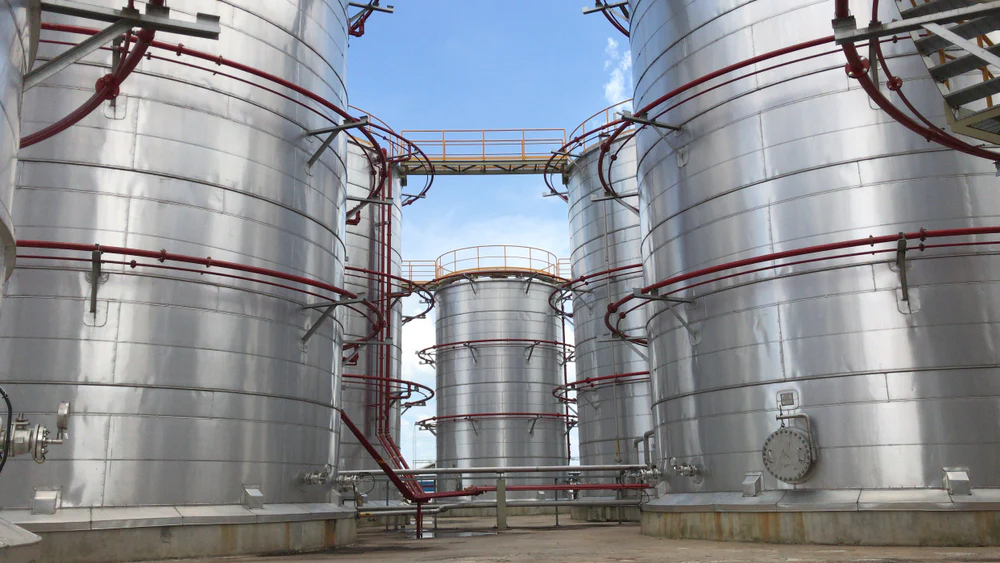
Thermal insulation tanks
To reduce heat loss and maintain the required temperature.
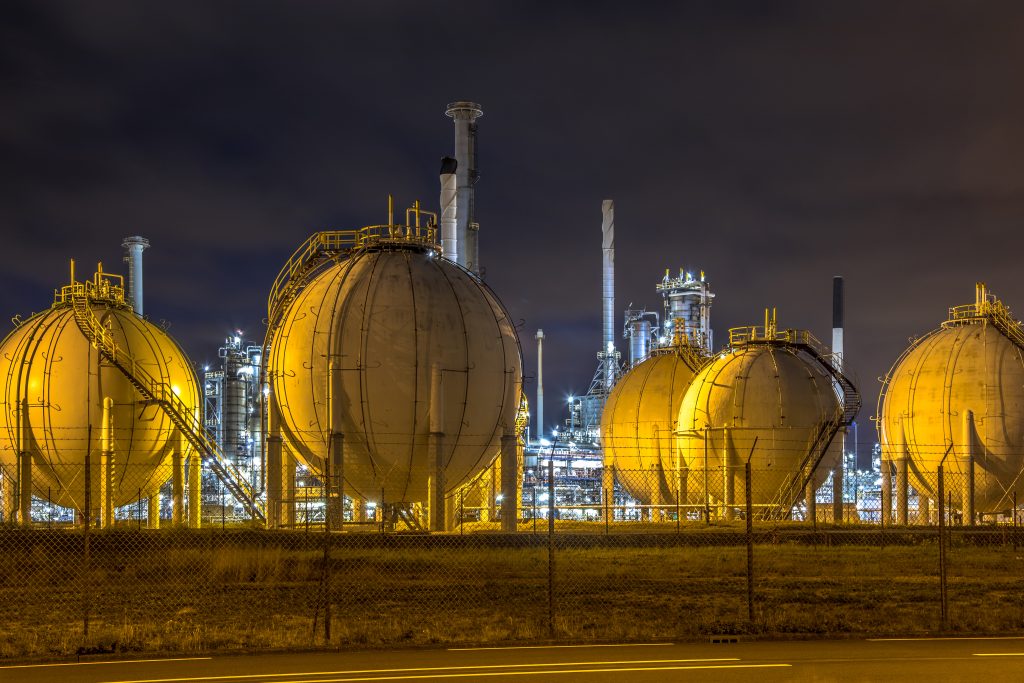
Gas (liquefied natural gas - LNG, propane, butane)
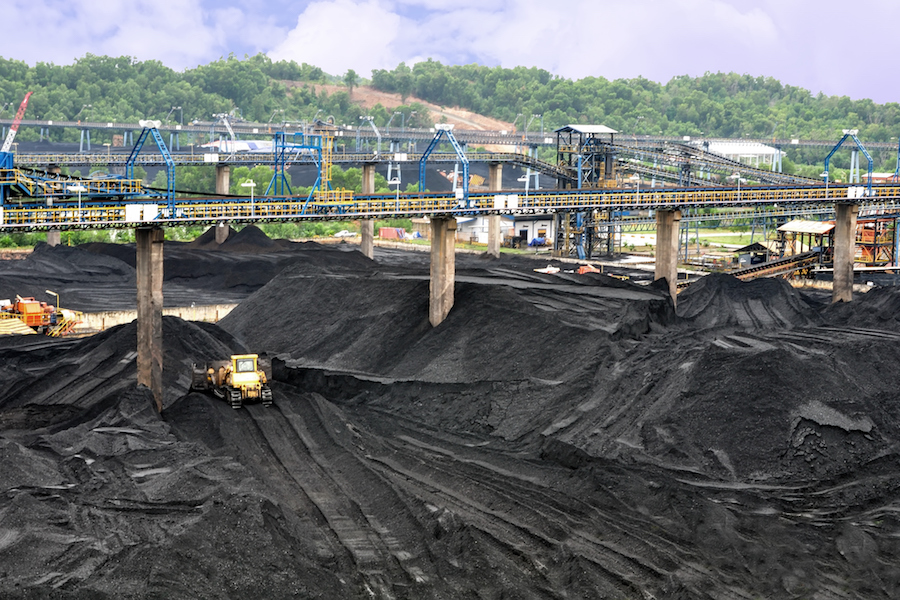
Coal
Open coal warehouses
Outdoor coal storage areas, often equipped with irrigation systems to prevent dust.
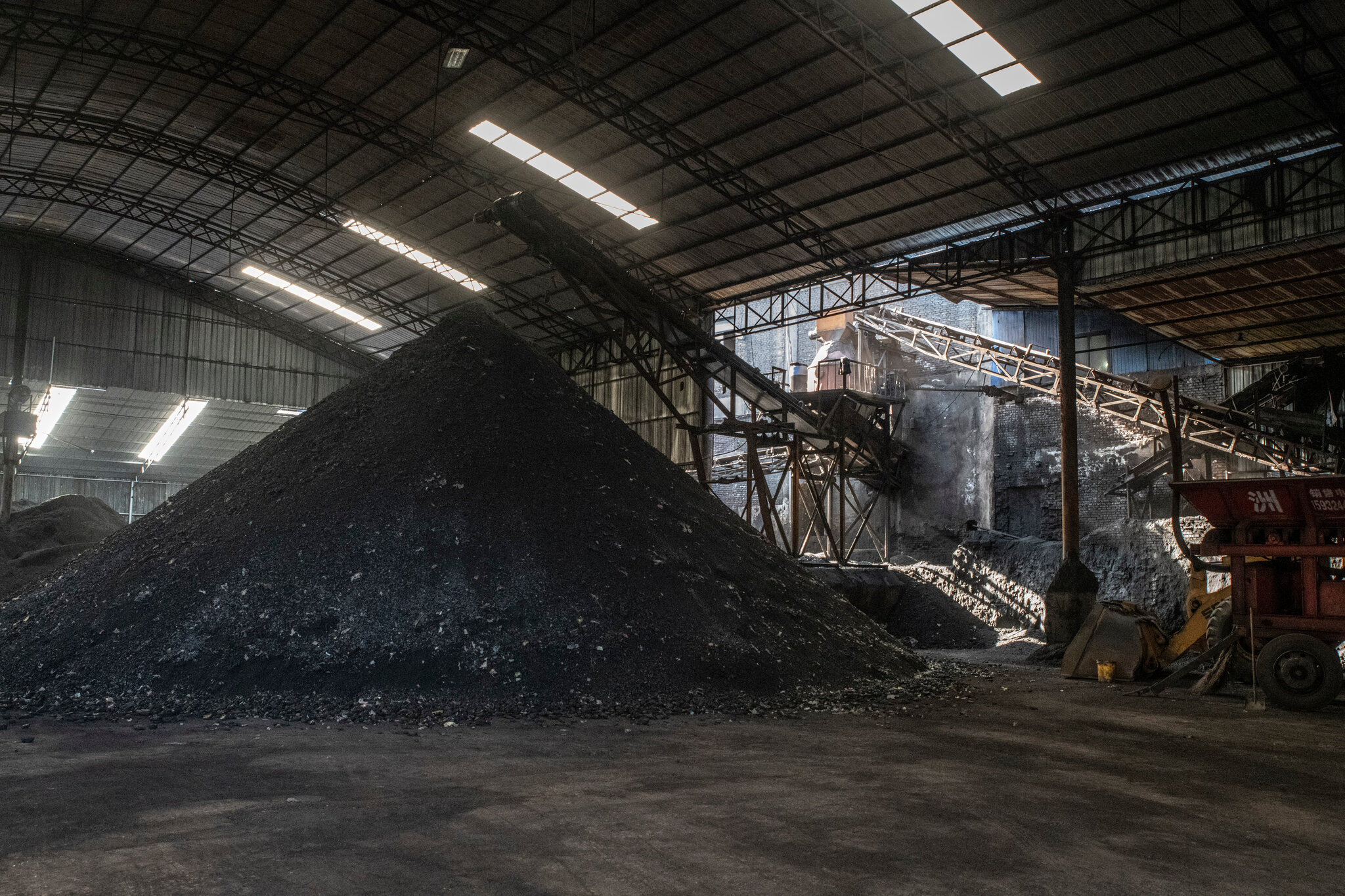
Closed warehouses
Indoor areas to protect coal from weather conditions.
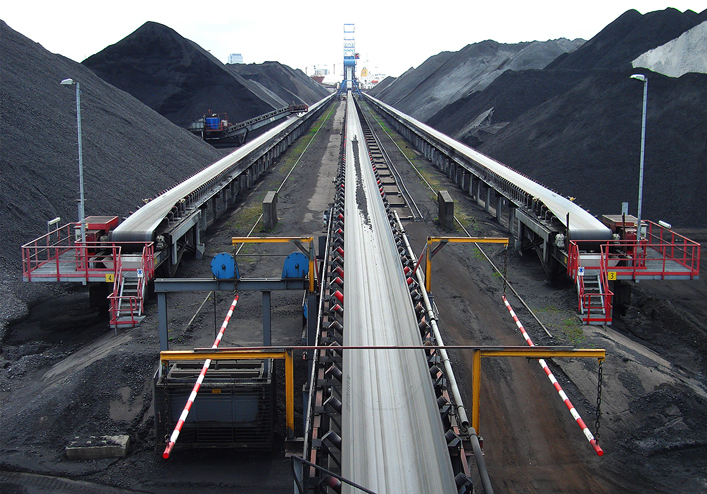
Warehouses with transportation system
Conveyors and other mechanisms for moving coal inside the warehouse.
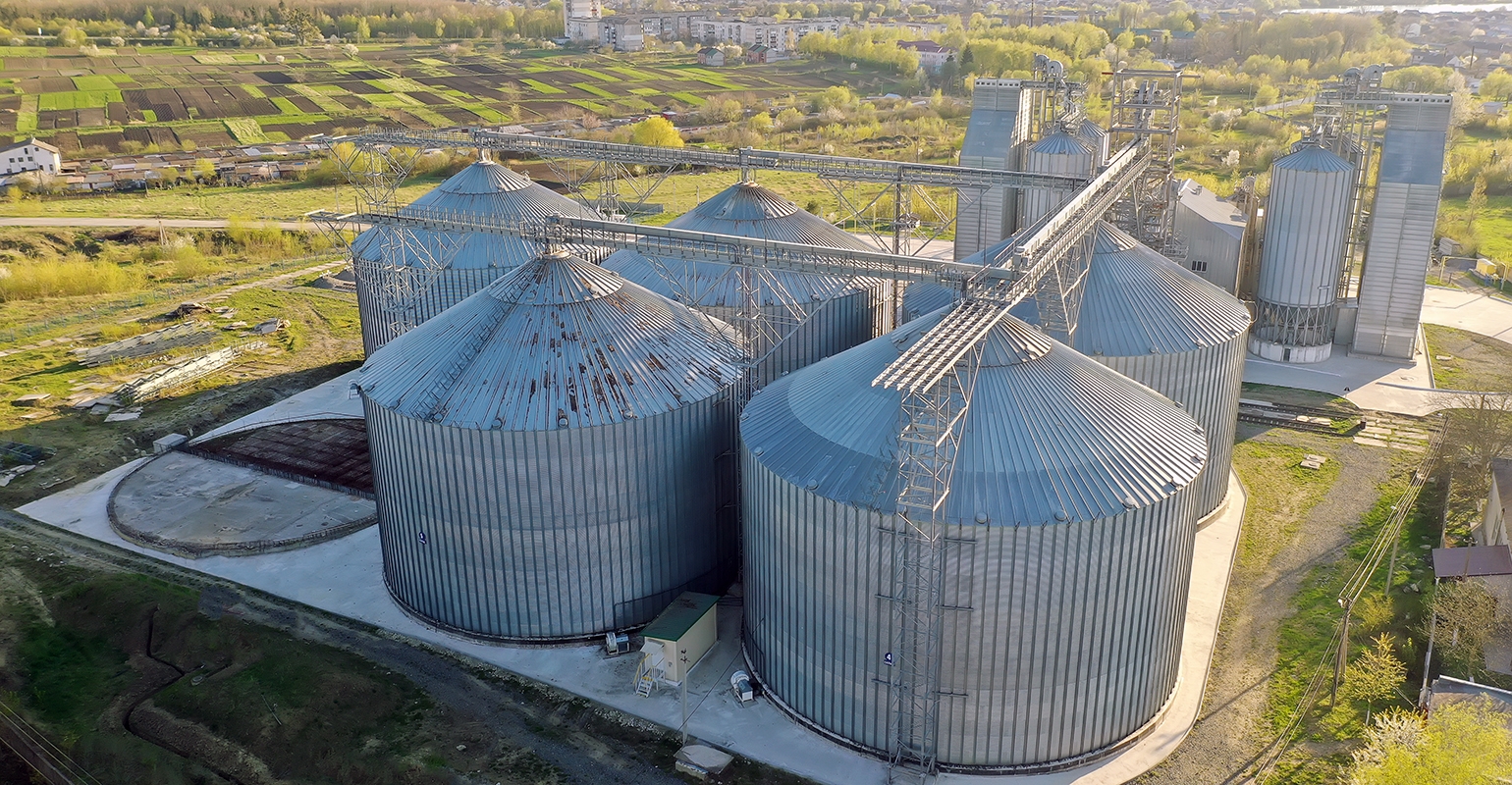
Grain storage facilities
Elevators
- Silage towers: Vertical structures for storing large quantities of grain, often equipped with aeration and temperature control systems to prevent deterioration.
- Hopper elevators: Surface or underground warehouses with conical bottom for convenient grain unloading.
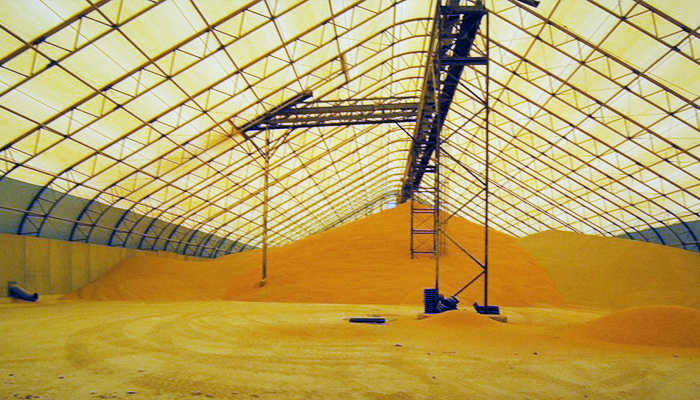
Hangars
Large indoor spaces with concrete or metal floors designed for storage of grain in bulk. Such warehouses can be equipped with ventilation and temperature control systems.